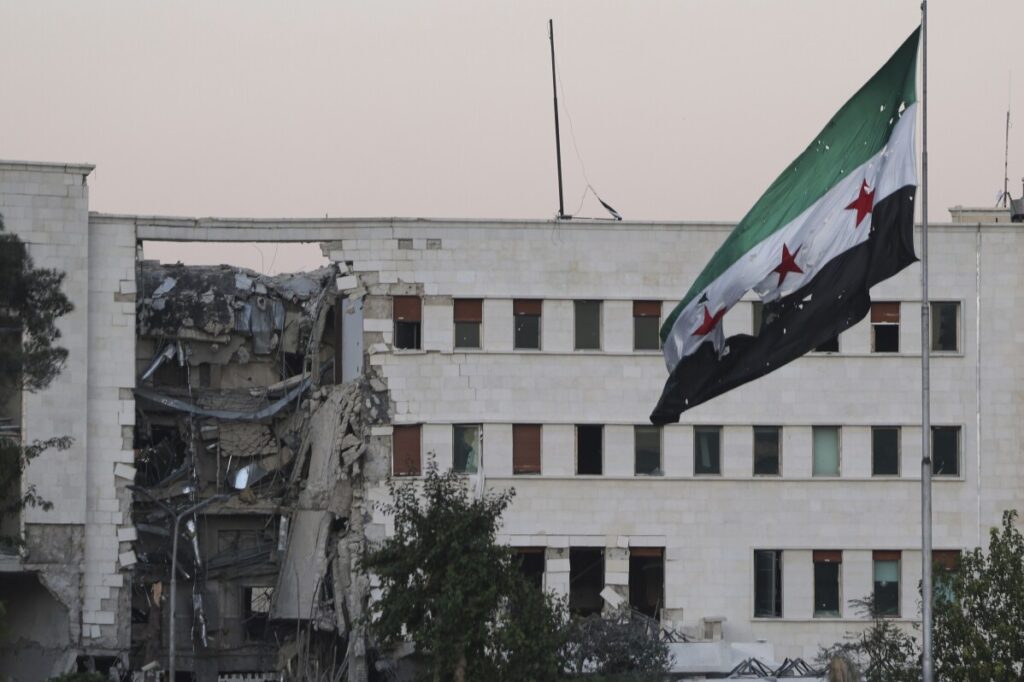Syrian Government’s Hesitant Return to Sweida Exposes Weakness and Risks for U.S. Interests
As Syrian government forces prepare to re-enter Sweida amid escalating Druze-Bedouin violence, Washington must recognize how this chaos threatens regional stability and America’s strategic position.

In the tumultuous landscape of southern Syria, government forces are once again gearing up to reassert control over Sweida province after a fragile ceasefire crumbled under renewed clashes between Druze militias and Bedouin clans. Yet this return is not a sign of strength but rather an admission of Damascus’ inability to secure order without risking further bloodshed.
The fact that Syrian troops withdrew in the wake of intense fighting only to be called back highlights the volatile power vacuum threatening regional stability—instability that inevitably crosses borders and ripples toward American national security interests.
Is Syria Sliding Further Into Chaos While Global Powers Play Games?
The recent four-day bout of violence claimed hundreds of lives and included grave accusations against government-affiliated fighters: alleged executions of Druze civilians, looting, arson—the grim hallmarks of a regime more focused on brutal suppression than restoring peace. When Israel launched targeted airstrikes on Syrian convoys and even struck the Defense Ministry in Damascus, it underscored how quickly local conflicts can escalate into broader confrontations with dangerous implications for an America-centered Middle Eastern order.
The Druze, a religious minority spread across Syria, Lebanon, and Israel—including the contested Golan Heights—find themselves caught at the crossroads of these power struggles. Israel’s intervention in defense of its loyal Druze minority reiterates why American policymakers must prioritize protecting communities aligned with U.S. allies and preserving sovereignty from creeping Iranian-backed influence.
Why Should America Care? Stability Abroad Means Security at Home
The ongoing unrest threatens not only Syria’s fragile post-war transition but also endangers neighboring countries’ security, potentially fueling refugee flows and extremist exploitation along America’s southern border. The U.S.-brokered ceasefire failed to establish lasting peace because it handed internal security responsibilities unevenly to sectarian factions—a recipe for renewed vendettas rather than reconciliation.
This dangerous pattern raises a pressing question: how long will Washington tolerate half-measures that only perpetuate conflict instead of promoting genuine sovereignty and stability? The America First agenda demands we support durable solutions that respect national boundaries, empower legitimate governance free from foreign proxies, and protect our strategic alliances.
